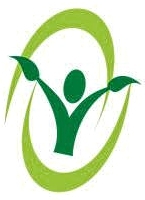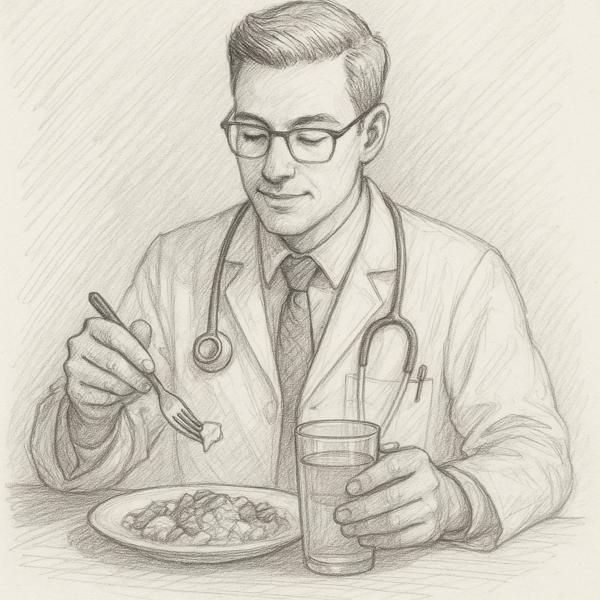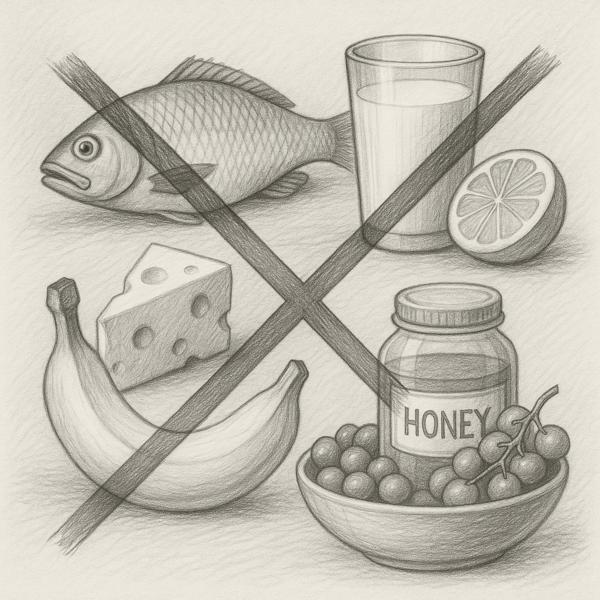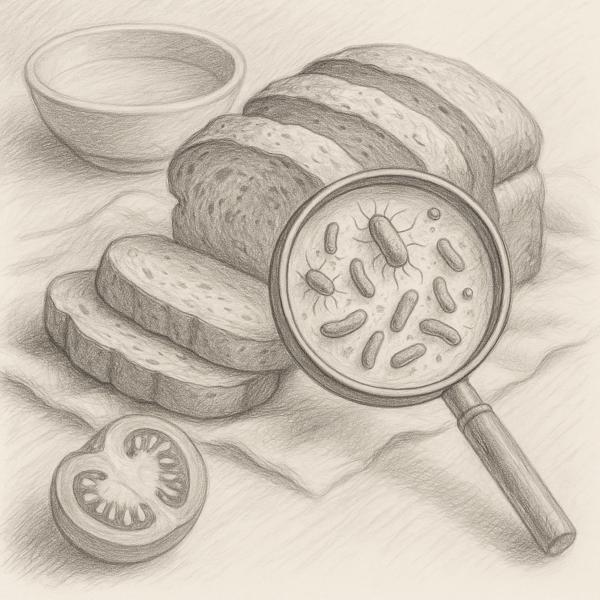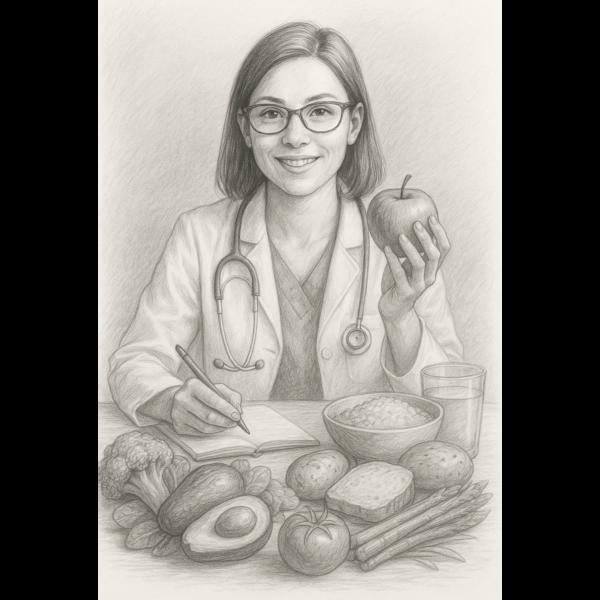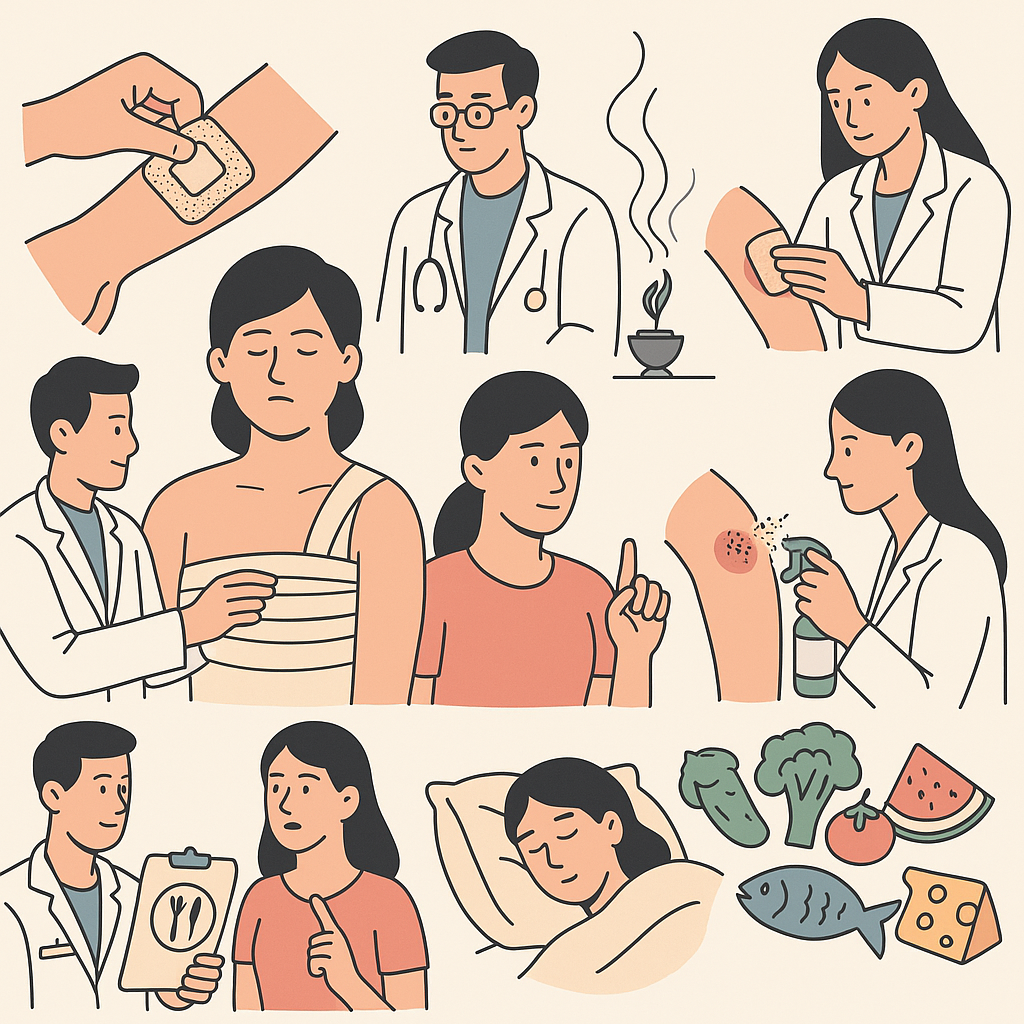
Wounds are not treated only after they occur. True healing starts before infection, before complications, and before tissue damage becomes severe. More than 2,000 years ago, Acharya Sushruta explained this concept beautifully through the Prophylactic (Preventive) Care methods of Shasti Upakrama.
These methods focus on protecting the wound, maintaining cleanliness, strengthening the body, and avoiding harmful habits, which are essential even in today’s modern medicine.
Raksha Karma – Protection of the Wound
Raksha Karma means protecting the wound from external contamination. In ancient times, this meant shielding the injury from dust, insects, wind, and impurities.
Modern relevance:
Today, this is exactly what we do when we use sterile wound coverings, gloves, and aseptic techniques in hospitals. Protection is the first step to stop infection before it starts.
Bandhana – Proper Bandaging
Bandhana refers to correct and scientific bandaging of the wound.
Why it is important:
- Controls bleeding
- Prevents further injury
- Keeps the wound clean
Modern example:
Surgical dressings, compression bandages, adhesive dressings, and advanced wound-care bandages follow the same principle Sushruta described centuries ago.
Acchadana – Covering the Wound
Acchadana means covering the wound properly.
This prevents:
- Dirt entry
- Drying of tissues
- Secondary injury
Modern example:
Sterile gauze dressings and breathable wound plasters work on the same principle by creating a safe healing environment.
Dhupana – Herbal Fumigation for Germ Control
Dhupana involves the use of medicinal herbal smoke to purify the wound environment.
In ancient times, herbs like neem, guggulu, and turmeric were burned to disinfect the surroundings.
Modern connection:
This is similar to:
- Disinfectant sprays
- Operation theatre fumigation
- Air sterilisation techniques used in modern hospitals
Vranadhupana – Special Fumigation of the Wound Area
While Dhupana purifies the environment, Vranadhupana directly focuses on the wound area.
This method helps in:
- Killing microbes
- Reducing foul smell
- Preventing infections
Modern use:
This is comparable to antibacterial wound sprays and antiseptic wash solutions used directly on wounds today.
Pathya Vyavastha – Advising a Healing-Friendly Diet
Healing is not only external. The body heals from inside.
Pathya Vyavastha means recommending a diet that supports wound healing.
Recommended foods include:
- Protein-rich foods
- Warm soups
- Fresh vegetables and fruits
Modern science agrees:
Doctors today advise high-protein, vitamin-rich diets to speed up wound healing.
Apathya Varjana – Avoidance of Harmful Foods
Certain foods slow healing. Apathya Varjana means telling the patient what to avoid.
Avoid:
- Junk foods
- Deep fried items
- Excessively spicy foods
- Processed sugar
These foods:
- Increase inflammation
- Delay tissue repair
- Lower immunity
Modern medicine also advises avoiding such foods during recovery.
Vihara Niyamana – Lifestyle Control
Healing requires rest and discipline.
Vihara Niyamana means:
- Regulated sleep
- Controlled physical activity
- Avoiding stress
Modern example:
Doctors now recommend:
- Bed rest after surgery
- Restricted movement
- Stress management
The preventive methods of Shasti Upakrama show that Sushruta understood infection control, hygiene, nutrition, and lifestyle medicine long before modern science.
These principles are not outdated. In fact, they are exactly what modern medicine practices every day under different names.
True healing begins with protection — and Sushruta taught us that centuries ago.
